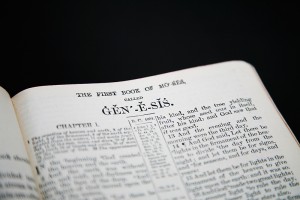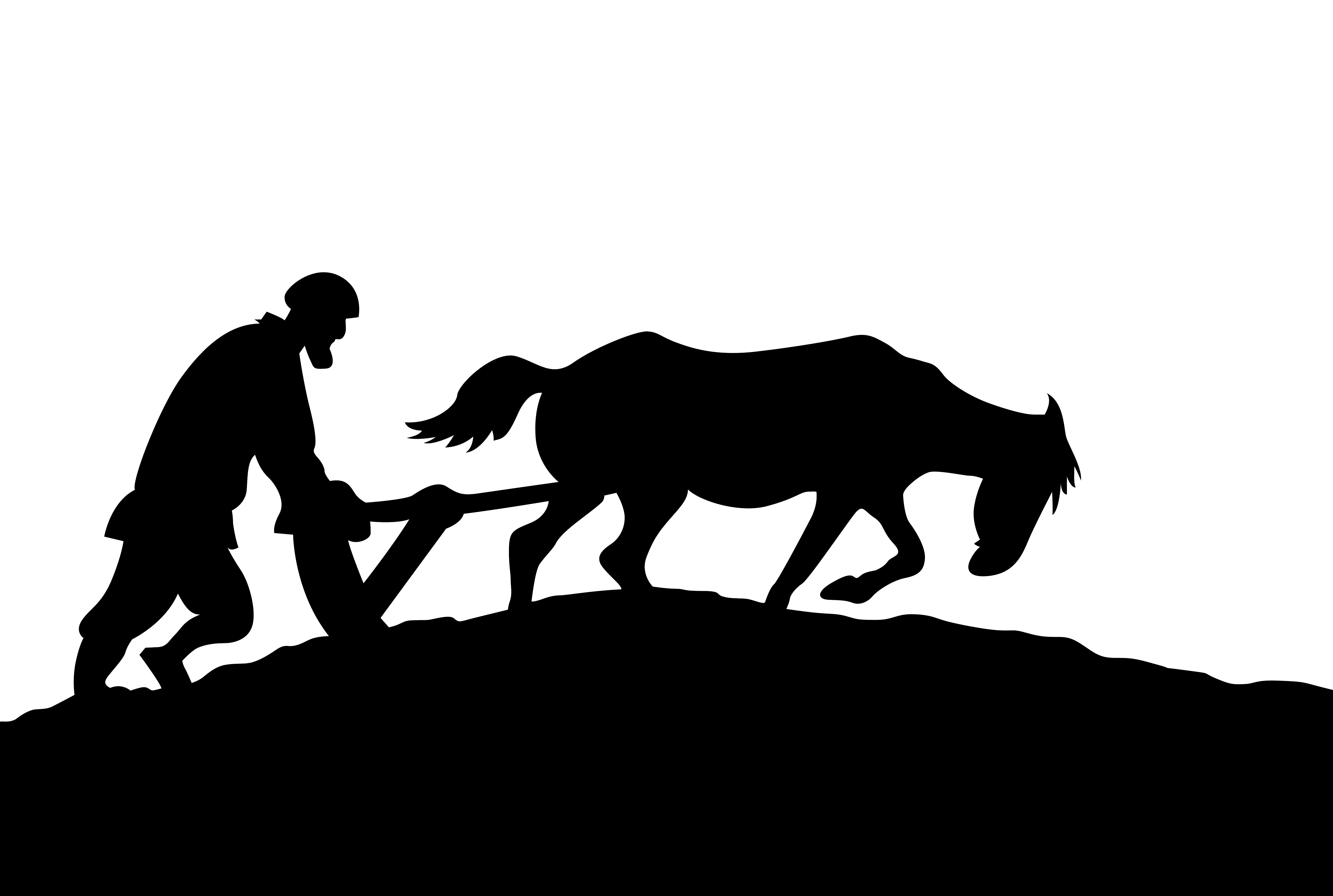Genesis 1:1, In. In Hebrew, the preposition in is written as the letter bet (corresponding to our letter b). This is the first word in the Torah. Interesting, the last word in the Torah is Israel (Deut 34:12). In the Hebrew language, the letter bet is a picture of a house (or a tent) with the front door open. From this, some commentators have correctly reasoned that the Torah was written to the house of Israel whose spiritual doors are wide open for all nations to enter therein in order to enter into a spiritual relationship with the Elohim of Israel.

Genesis 2:2, The seventh day. Sabbath. Though this is not a direct command to keep the Sabbath (Heb. Shabbat), YHVH was leading his people by example when he sanctified the Sabbath and then rested from his work on this day. In Hebraic thought, one leads by example, without necessarily stating the command to do so. YHVH blessed the family first, then Sabbath next. Sabbath keeps the family together that keeps the Sabbath. The imperative command to keep the Sabbath is first found in Exodus 16–30 and then repeated in Exodus 20:8–11.
Genesis 2:3, All his work which he had made. Setting man an example of how to rest on the Sabbath, Elohim ceased all his work, workmanship, occupation, or business (Heb. melawkaw) and that which he did, produced, prepared or made (Heb. asah).
Genesis 3:23, To till/work [Heb. abad] the ground [Heb. adamah] from which he was taken. Adam means “man, mankind, ground, land, and is a cognate to adom meaning “red,” and relates to the ruddiness of man’s complexion. According to the TWOT, this word has to do with the man as being created in Elohim’s image, the crown of his creation. In this verse, Elohim commissioned Adam to work or to serve the earth/adamah. In a homiletic sense, this command of YHVH could be construed to mean that Adam/man who is spiritually rough and ruddy, yet who is created in the image of Elohim, has been commissioned to work on himself to work on and to conquer his [base] sin nature and to bring himself into conformity with the image of YHVH. Another facet of this idea could be that through the experiences and struggles of hard work, man will learn to overcome his fallen sin nature and rise to the higher calling of becoming like Elohim in nature. In a sense, hard work is part of man’s redemption process.
Genesis 4:10, Cries unto me from the ground. The earth not only witnesses against man because of his sins, but reacts adversely in judgment against man (Gen 4:12 and 3:17–19; Lev 26:19; Deut 28:23). If a man obeys YHVH, then the earth will bless man (Lev 26:4; Deut 11:14; 28:12; Isa 30:23; Joel 2:22–24). If man fails to praise YHVH, then even the stones will cry out (Luke 19:40). See also 1 John 5:8 where the earth along with the water and the Spirit bears witness to YHVH’s plan of redemption for men.
The earth has also acted as a witness against Israel when they have sworn a covenant with Elohim (Deut 4:26; 30:19; 31:28; 32:1).
Because the earth has been a witness to so much sin and bloodshed, and to Israel’s unfaithfulness to YHVH, this is why the earth has to be first cleansed (by the blood of wicked men to atone for their sins, Rev 14:20) and then by fire (2 Pet 3:7,12), and a new heaven and earth will arrive that has not been a witness to man’s sin and rebellion.



